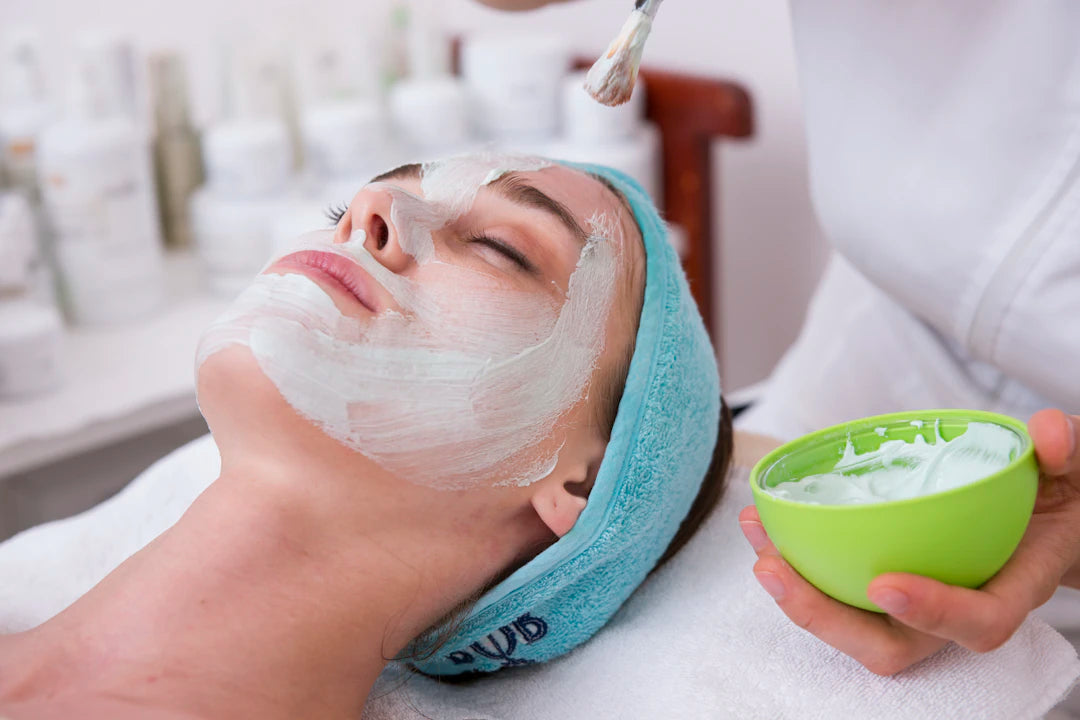Recognize and Treat Skin Sensitivities Like a Pro!

Frequently Asked Questions
1. What are skin sensitivities?
2. What causes skin sensitivities?
3. How can I treat skin sensitivities?
4. Why is it important to recognize my skin type?
5. When should I consult a professional for skin sensitivities?
Understanding skin sensitivities is critical in a world where our skin faces numerous external stressors. Many individuals are seeking effective skin hydration solutions and skincare practices that help alleviate discomfort and irritation. This article guides you through recognizing signs of skin sensitivity and effective treatment options to ensure your skin remains healthy and vibrant.
What are Skin Sensitivities?
Skin sensitivities can manifest in various ways, affecting texture, moisture levels, and overall appearance. When we talk about skin sensitivities, we are referring to conditions where the skin reacts strongly to external elements like products, weather conditions, or environmental factors. Common symptoms include:
- Redness
- Itching
- Dry patches
- Stinging or burning sensations
- Flaking or peeling
- Increased oiliness or dryness
Recognizing these symptoms early will help you take necessary measures and maintain your skin's health without disrupting its natural balance.
Causes of Skin Sensitivities
There are several potential causes behind skin sensitivities that you should be aware of. Proper understanding of these causes is essential in preventing flare-ups and maintaining optimal skin health.
Environmental Factors
Environmental factors such as pollution, extreme weather conditions, and sun exposure can contribute significantly to skin sensitivities. These elements weaken the skin barrier, leading to irritation and discomfort. When skin is exposed to harsh climates or pollutants regularly, it can lose its natural moisture, requiring effective skin hydration solutions for relief.
Skincare Products
Many individuals are unaware that the very products they use to care for their skin may be contributing to its sensitivity. Ingredients such as alcohol, fragrances, and preservatives can irritate sensitive skin. When choosing products, it's essential to opt for those explicitly labeled for sensitive skin and that boast minimal ingredients.
Underlying Skin Conditions
Often, skin sensitivities can stem from underlying skin conditions such as eczema, rosacea, or contact dermatitis. These conditions require specialized skincare regimens for management and treatment. If you experience persistent skin sensitivities, consulting with a dermatologist is highly recommended.
Recognizing Your Skin Type
Knowing your skin type is critical when addressing sensitivities. Skin types can generally be categorized into four primary groups:
- Normal
- Dry
- Oily
- Combination
Each skin type has unique needs and may react differently to various products. Those with dry or sensitive skin may require a more hydrating approach to their skincare routine, whereas those with oily skin might prioritize balancing oils and controlling shine.
Simple Steps to Treat Skin Sensitivities
With a better understanding of skin sensitivities and their causes, here are some actionable treatments you can employ in your daily routine:
1. Identify Triggers
Keeping a journal to track your skincare products and any environmental changes can help identify what triggers your skin sensitivity. Noting when you experience flare-ups can lead to insights about specific ingridients or conditions that worsen your skin's state.
2. Prioritize Gentle Skincare
When it comes to treating sensitive skin, simplicity is key. Use gentle, fragrance-free cleansers and moisturizers that also act as skin hydration solutions. Avoid harsh exfoliants and scrubs that may cause additional irritation.
3. Incorporate Soothing Ingredients
Look for beneficial ingredients in your skincare products such as aloe vera, chamomile, or calendula, which can soothe and calm sensitive skin. These naturally occurring extracts can help reduce inflammation and discomfort.
4. Maintain a Consistent Routine
A consistent skincare routine can help stabilize sensitive skin over time. Establishing a morning and evening regimen that emphasizes hydration and protection will often yield the best results. Ensure you incorporate a good moisturizer and sunscreen for daily protection.
5. Hydrate from Within
While topical treatments are critical, don't underestimate the power of hydration from the inside. Drinking adequate water and incorporating water-rich foods into your diet can significantly improve your skin's hydration levels and resilience.
Consult a Professional
If you find that your skin sensitivities persist despite your best efforts, it’s time to seek professional help. A dermatologist can offer individualized advice and may suggest treatments such as topical steroids or prescription skincare solutions tailored to your specific needs.
Learning to Love Your Skin
Caring for sensitive skin can be a journey, but with the right knowledge and tools, it can also be incredibly rewarding. Remember, everyone's skin is unique; be patient and get to know what works best for you. With a little effort applied to recognizing and treating your skin's sensitivities, you'll be able to enhance your skincare experiences and embrace a beautiful, radiant complexion.
Don’t overlook the importance of choosing the right products and practicing proper skincare techniques. This involves not only the products you apply but also your overall lifestyle choices. By adopting a mindful approach to your skincare routine and positively impacting skin health, you will soon find yourself well on the way to achieving balance and harmony in your skin.


